The enduring conflict between Russia and Ukraine has reached a grim milestone as it enters its third year, marking a protracted period of devastation and suffering for both nations. Over the past two years, the conflict has inflicted immense losses, claiming the lives of hundreds of thousands of soldiers and civilians, displacing millions, and ravaging economies and infrastructure.
The pent-up tension surrounding Ukraine's potential accession to NATO erupted two years ago today, on February 24, 2022, with the onset of the Russian army's offensive across Ukraine. This marked the onset of what is now recognized as the most significant military crisis in Europe since World War II.
Despite Russia's initial offensive, which saw a 24-mile-long deployment of troops northwest of Kiev, the Ukrainian capital remained unconquered, serving as a symbol of resilience against Russian aggression. However, subsequent years witnessed a gradual shift in momentum, with Moscow gaining ground and cornering Kiev under intense military pressure.
The toll of the conflict has been staggering, with both Russia and Ukraine reporting substantial casualties among their armed forces. Estimates suggest that over 10,000 individuals have lost their lives, while one in three Ukrainians has been displaced, either within the country or as refugees in neighboring European nations.
The economic fallout has been equally devastating, with Ukraine's economy facing a severe downturn in the conflict's initial stages. A quarter of the population now lives below the poverty line, and the country's agricultural sector lies in ruins, hampered by the presence of Russian landmines that have rendered vast swathes of land unusable.
Moreover, the conflict has taken a heavy toll on military infrastructure, with both nations reporting significant losses in terms of equipment and resources. The Russian army alone has suffered the destruction of thousands of tanks, armored vehicles, artillery systems, aircraft, and naval vessels.
Beyond the immediate combatants, the repercussions of the conflict have reverberated globally, disrupting fuel and food exports and triggering a widespread economic downturn. Escalating food prices and supply chain disruptions have led to a looming food crisis, exacerbating the humanitarian fallout of the conflict.
Efforts to resolve the crisis diplomatically have thus far proven futile, with both sides escalating hostilities and pursuing military solutions. Western support for Ukraine has dwindled amid competing global crises, emboldening Russian aggression and complicating efforts to de-escalate the conflict.
As tensions persist and diplomatic avenues remain deadlocked, experts warn of the conflict's potential to escalate further, prolonging the suffering of the affected populations and exacerbating the global security landscape. Amidst growing uncertainty, the prospect of a swift resolution to the Russia-Ukraine conflict appears increasingly elusive, underscoring the urgent need for renewed diplomatic efforts and international cooperation to bring an end to the violence and restore stability to the region.



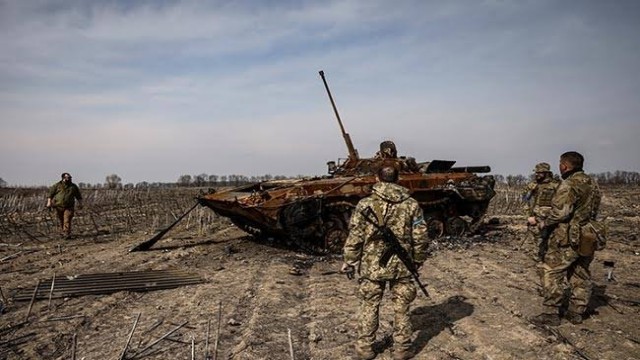

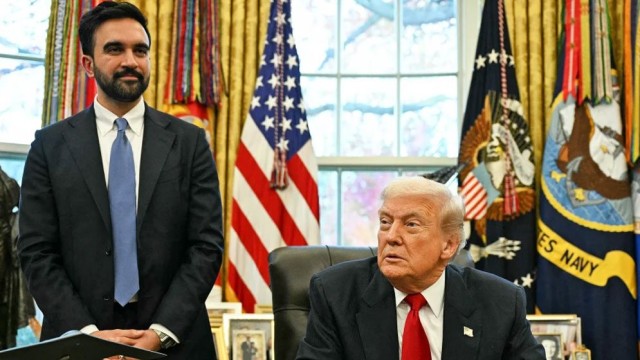
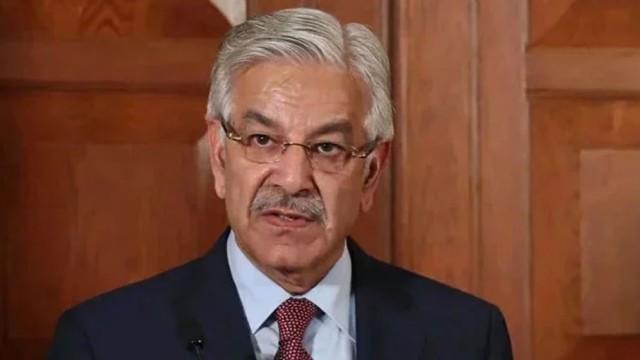
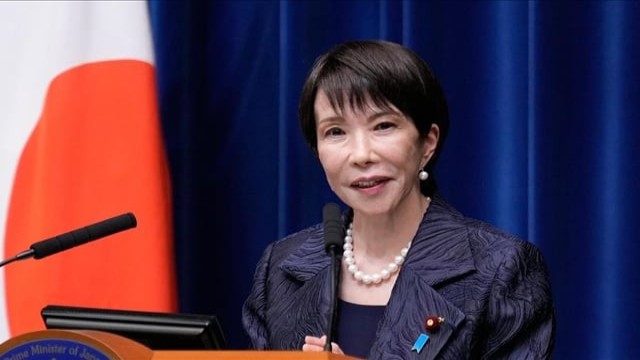
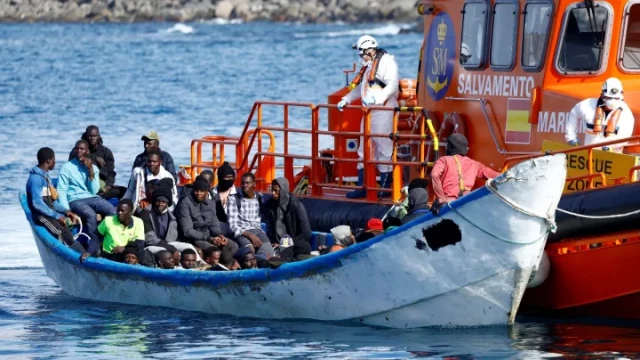

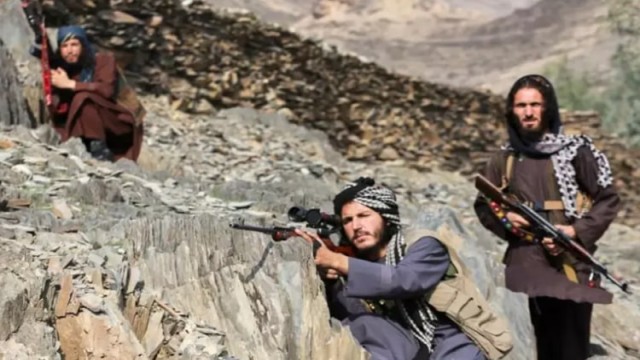


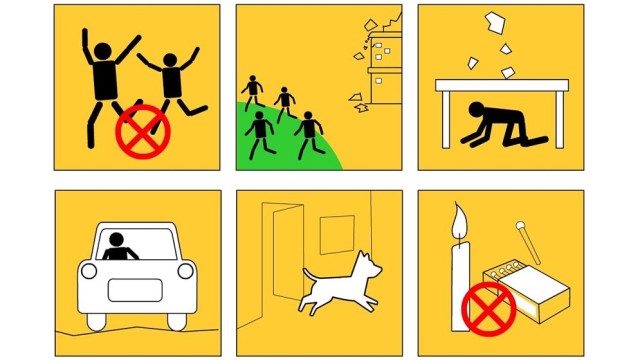



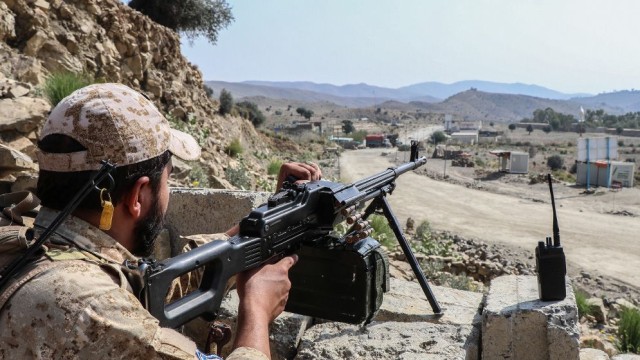
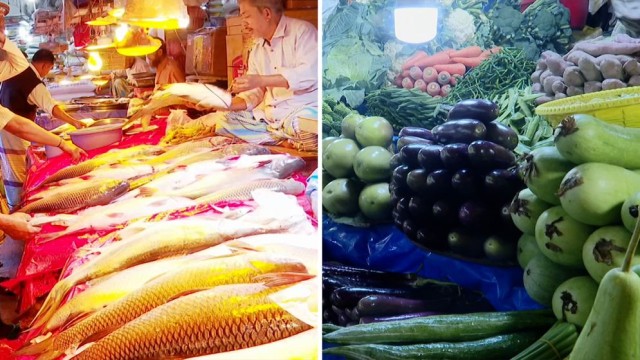












Comment: